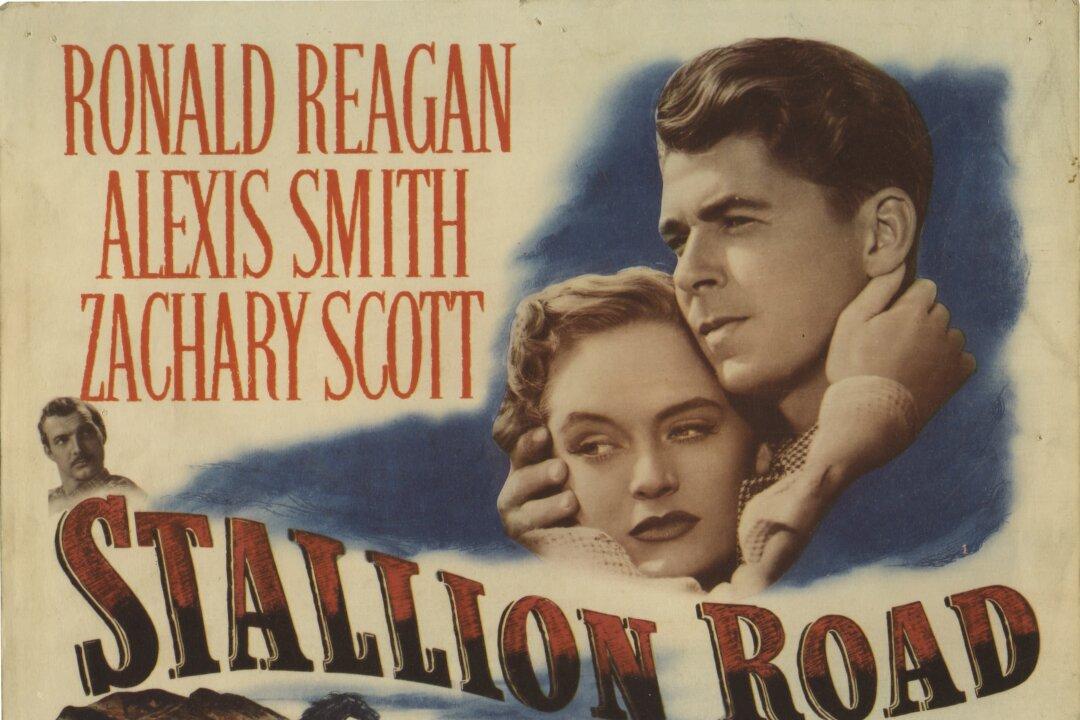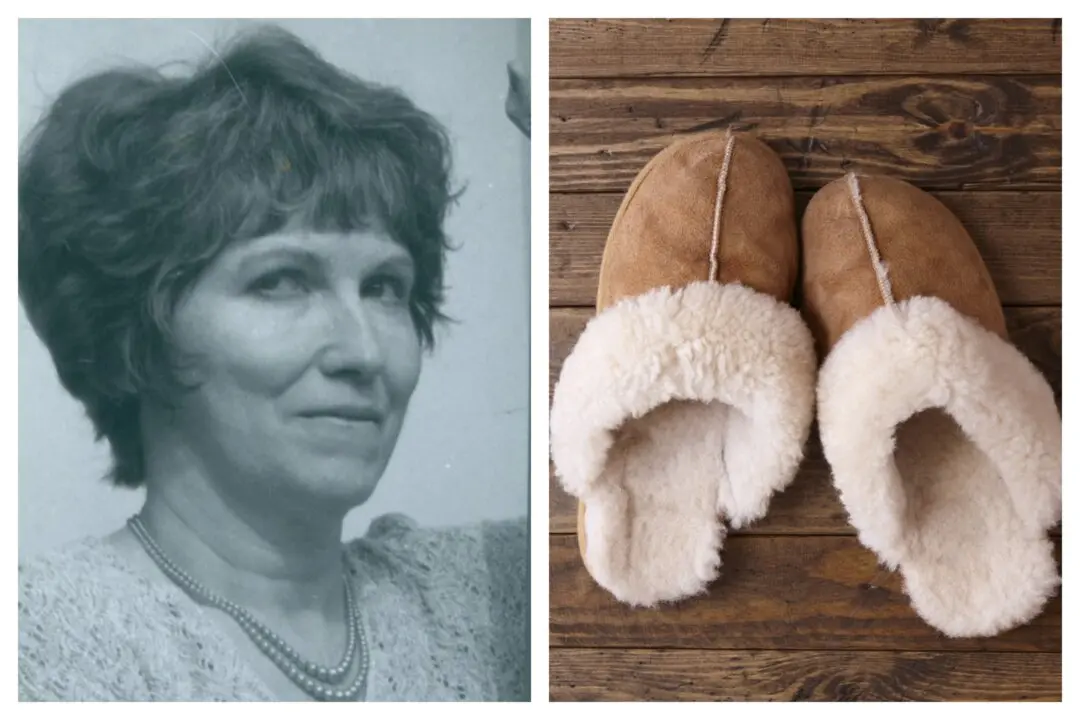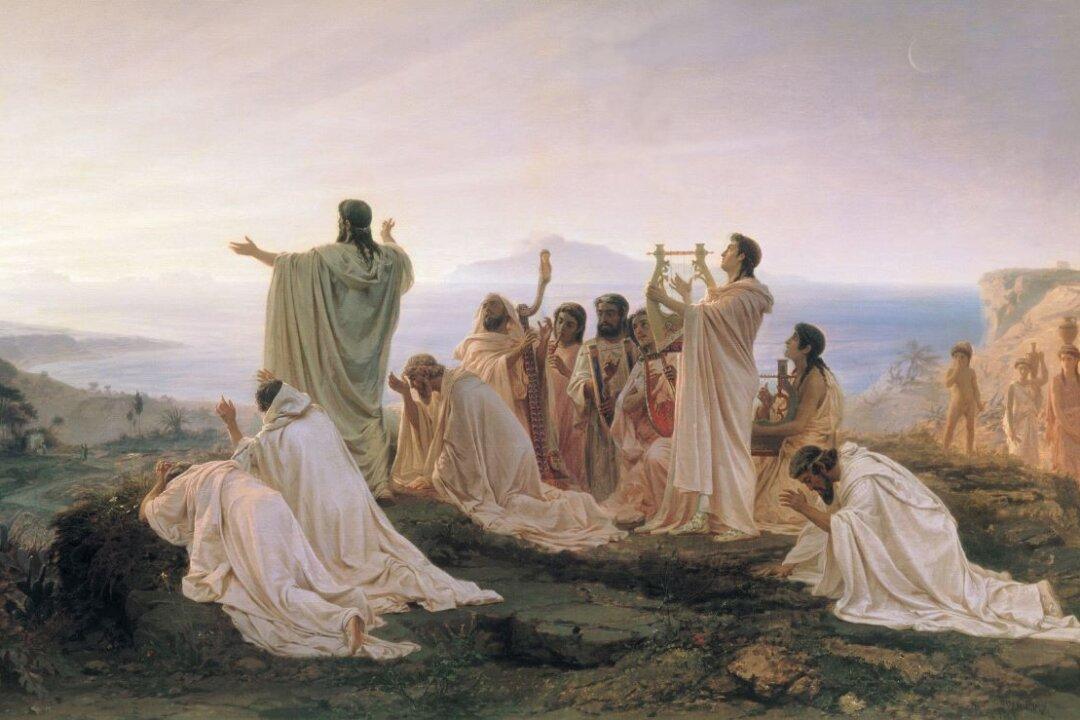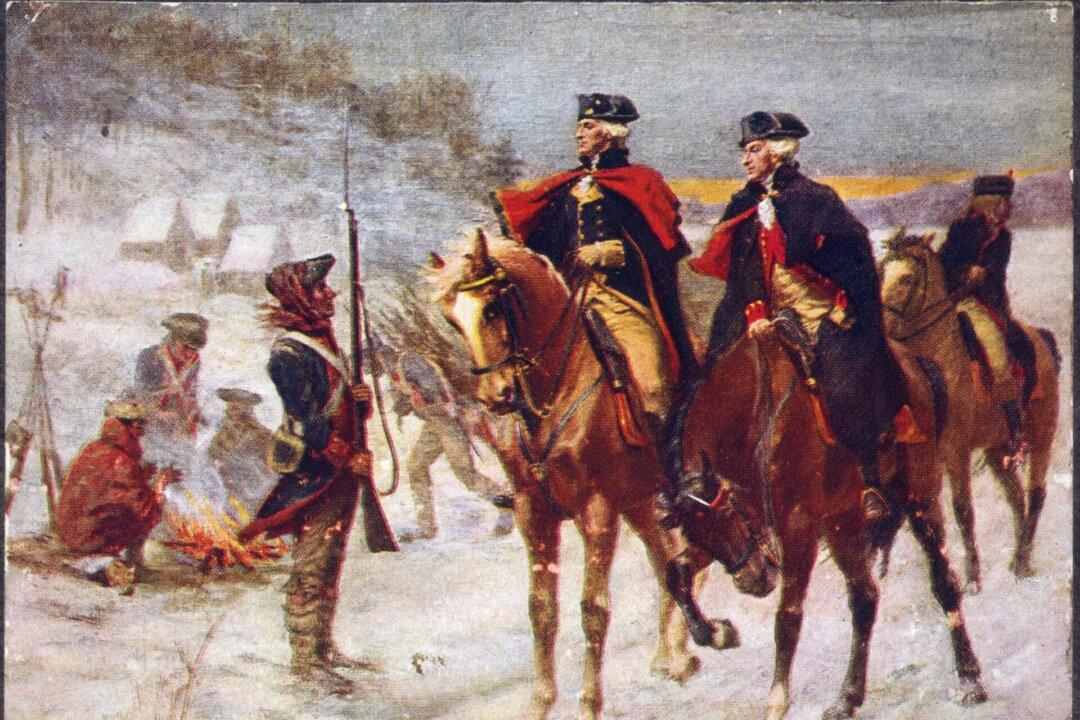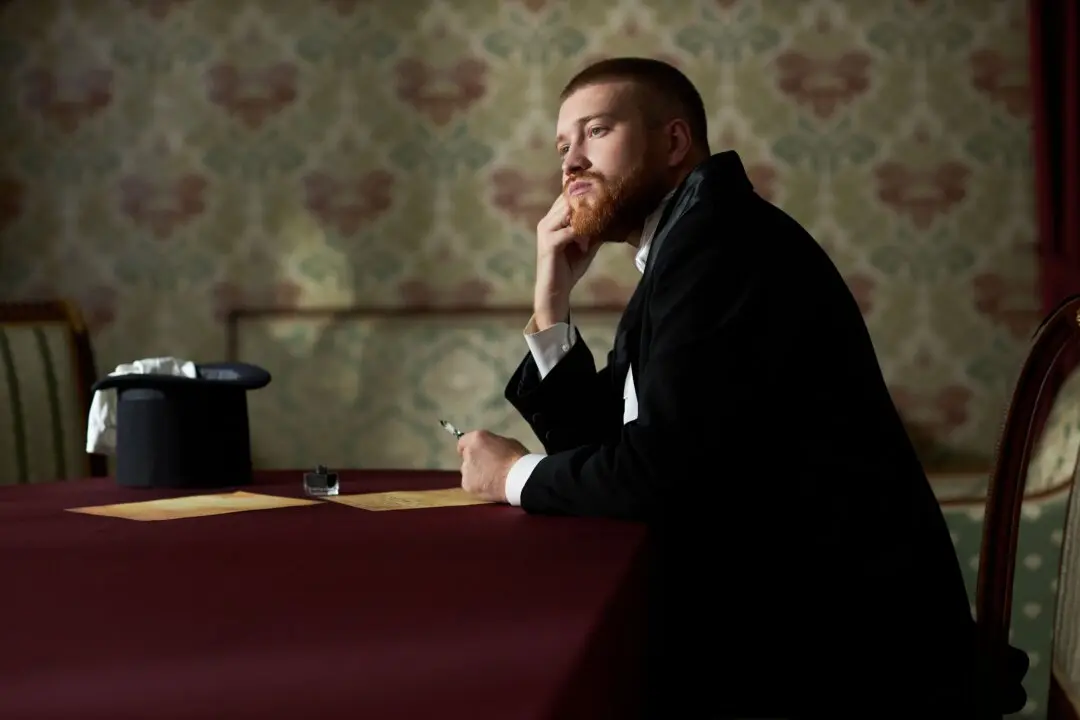Ronald Reagan was born above a bakery in a small Midwestern town in 1911. The son of an alcoholic shoe salesman, Reagan had an inauspicious start for the man who would go on to defeat communism. Despite hardships, he dreamed of becoming a movie star, an ambition fueled by the few times he could afford to see a movie.
He harbored this dream while working as a lifeguard. When he was 21, he landed a job as a college football sportscaster at a radio station in Davenport, Iowa. He then moved up to broadcasting in Des Moines, where he became known for his coverage of Chicago Cubs games. The National Sports Media Association would eventually honor Reagan for his contributions to this field, inducting him into the National Sportscasters and Sportswriters Hall of Fame in 1990.

